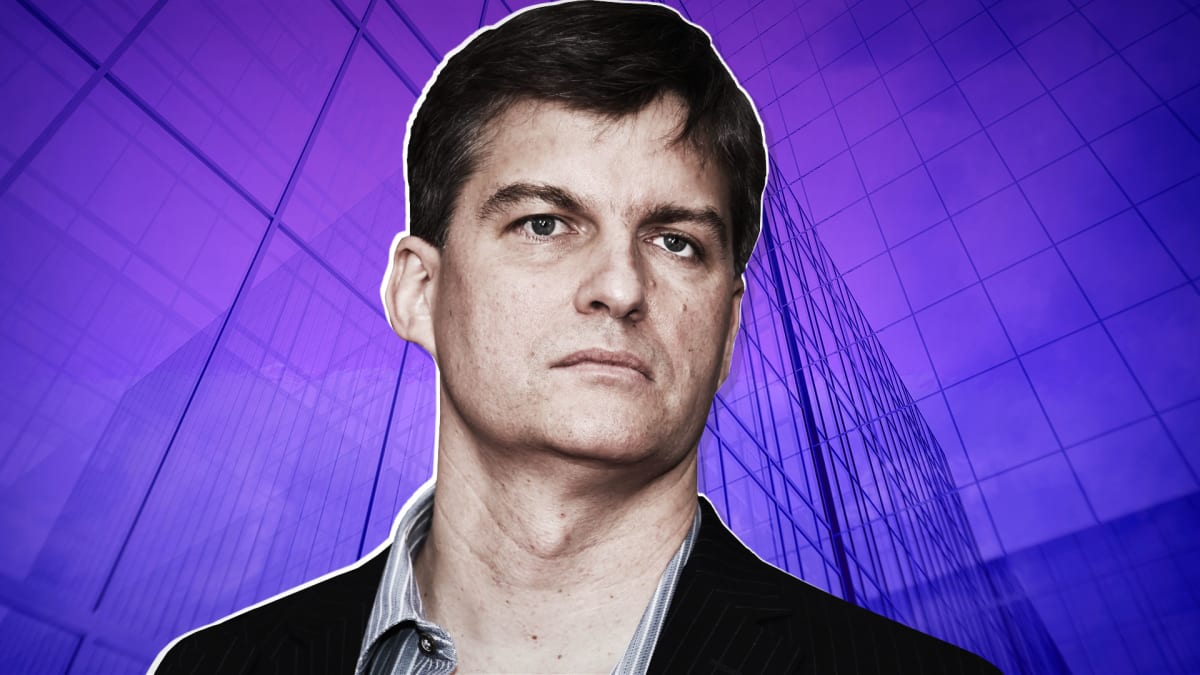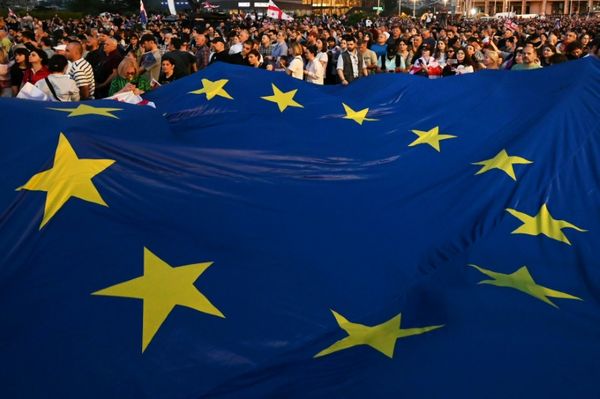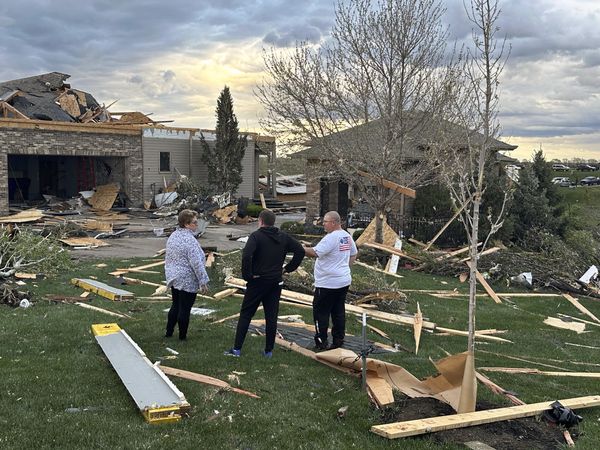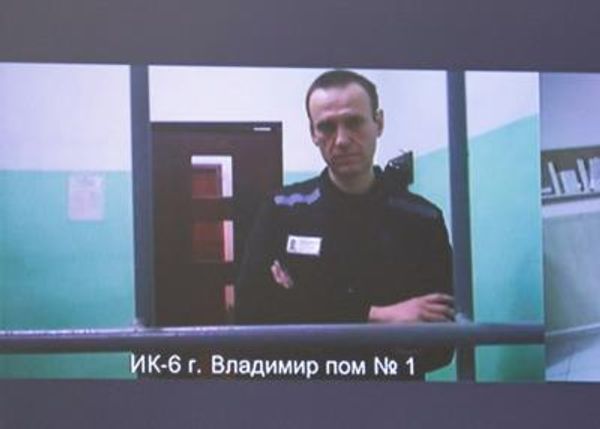
The collapse of Silicon Valley Bank, a major player in the startup and small business economy, has rattled business communities and markets worldwide.
The second largest failure of a bank in American history awakened the ghosts of the financial crisis of 2008.
The 2008 crisis devastated the world economy and brought the global financial system almost to its knees.
When U.S. regulators shut down SVB on March 10, a shock wave again hit the markets, leaving some whether the California bank was the Lehman Brothers of today.
The bankruptcy of the New York investment bank on Sept. 15, 2008, is considered the spark that triggered the financial crisis caused by subprime mortgages.
'Stop this Crisis Now': Venture Investor Sacks
Faced with the SVB shock wave, regulators knew they had to put extraordinary measures in place to avoid panic among investors and depositors. Videos of long lines of customers wanting to withdraw their funds from the California bank branches began to circulate on social networks.
TheStreet has not been able to independently verify that these videos are accurate. But they raised fears of bank runs, while many voices on Wall Street and in Silicon Valley warned that if nothing was done quickly, dark days for the markets would follow.
"Where is Powell? Where is Yellen? Stop this crisis NOW," venture investor David Sacks urged on March 10. "Announce that all depositors will be safe. Place SVB with a Top 4 bank. Do this before Monday open or there will be contagion and the crisis will spread."
"The gov’t has about 48 hours to fix a-soon-to-be-irreversible mistake. By allowing @SVB_Financial to fail without protecting all depositors, the world has woken up to what an uninsured deposit is — an unsecured illiquid claim on a failed bank," hedge-fund manager Bill Ackman blasted out on Twitter on Mar. 11.
"The unintended consequences of the gov’t’s failure to guarantee SVB deposits are vast and profound and need to be considered and addressed before Monday. Otherwise, watch out below."
'This Crisis Could Resolve Very Quickly'
The dramatic and anxiety-provoking messages from the two financiers sum up the climate into which SVB's collapse had plunged the world. Were we facing a new devastating financial crisis?
On March 12, the FDIC, the Federal Reserve and the Treasury Department unveiled, in a joint news release, a plan to avert disaster. In this plan, they indicated that all SVB depositors would receive their money back the next day and they guaranteed deposits in all banks for one year.
The Fed also created a facility to lend money under very advantageous terms to commercial banks in order to avoid any liquidity crisis.
The next day, President Joe Biden declared, "Americans can have confidence that the banking system is safe."
While these measures have somewhat reassured investors, doubts persist and are reflected in the bank stocks. Most of the shares of U.S. regional banks were hit on March 13, with First Republic Bank tumbling more than 60%. If we saw a rebound on March 14, nothing right now says it will last.
Michael Burry, who became a legend after his bet against subprime mortgages, has just sent a message that will no doubt reassure the markets.
Indeed, the founder of Scion Asset Management is a much-listened-to voice among retail investors, who parse his statements for investment advice.
Burry says the current crisis is not a real danger and can be resolved very quickly.
"This crisis could resolve very quickly," the famous investor posted on Twitter on March 13. "I am not seeing true danger here."
As usual, Burry didn't elaborate, thus leaving investors to draw their own conclusions.
The message is surprising because "Big Short," as he has been nicknamed since the 2008 crisis, is rarely optimistic. Most of his posts lately have been pretty negative.
Last week, he compared Silicon Valley Bank to disgraced broker Enron, which collapsed in 2001, after a scandal over its accounting practices.
He then predicted that another big bank was going to fall, referring to it as WorldCom, the second-largest long-distance operator in the U.S., which back in 2002 admitted having artificially inflated its profits by some $3.8 billion.
The collapse of Enron, followed a few months later by that of WorldCom, shook world finance.
For Burry, another bank was going to fall. His very last message leaves observers a bit confused.







